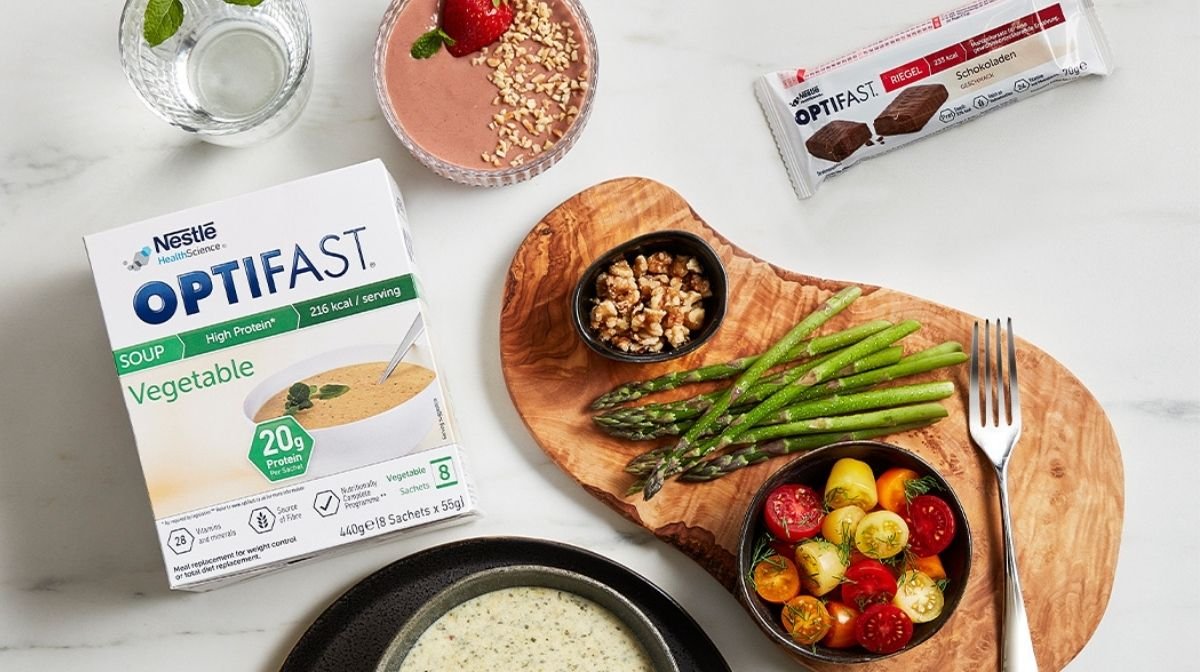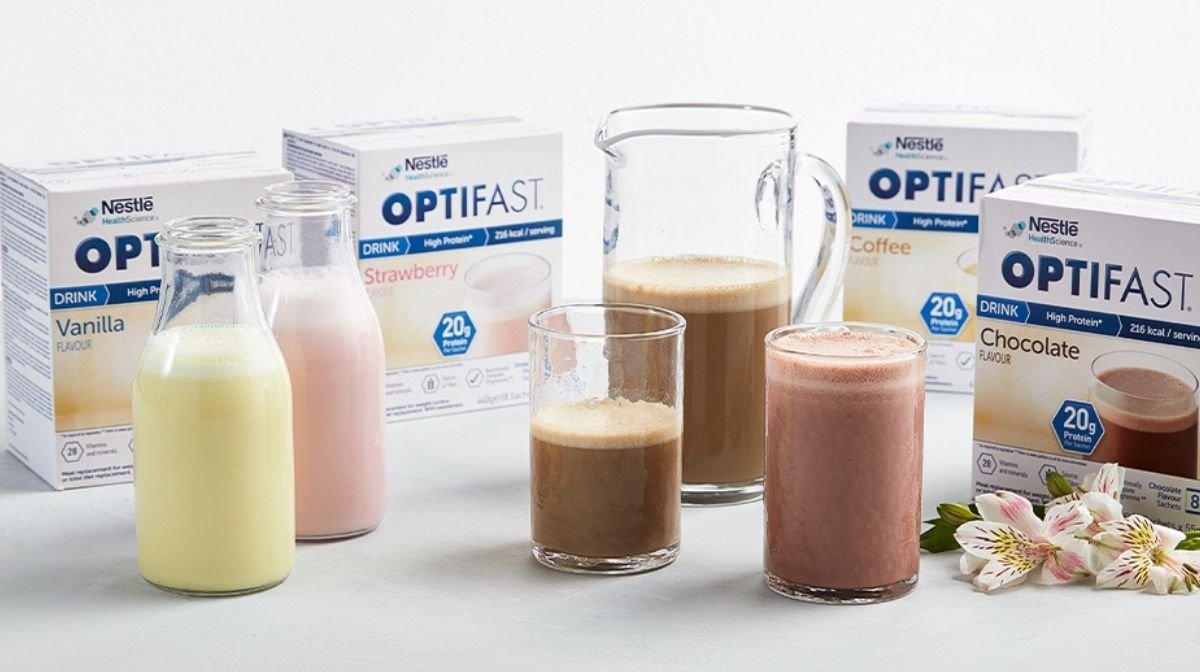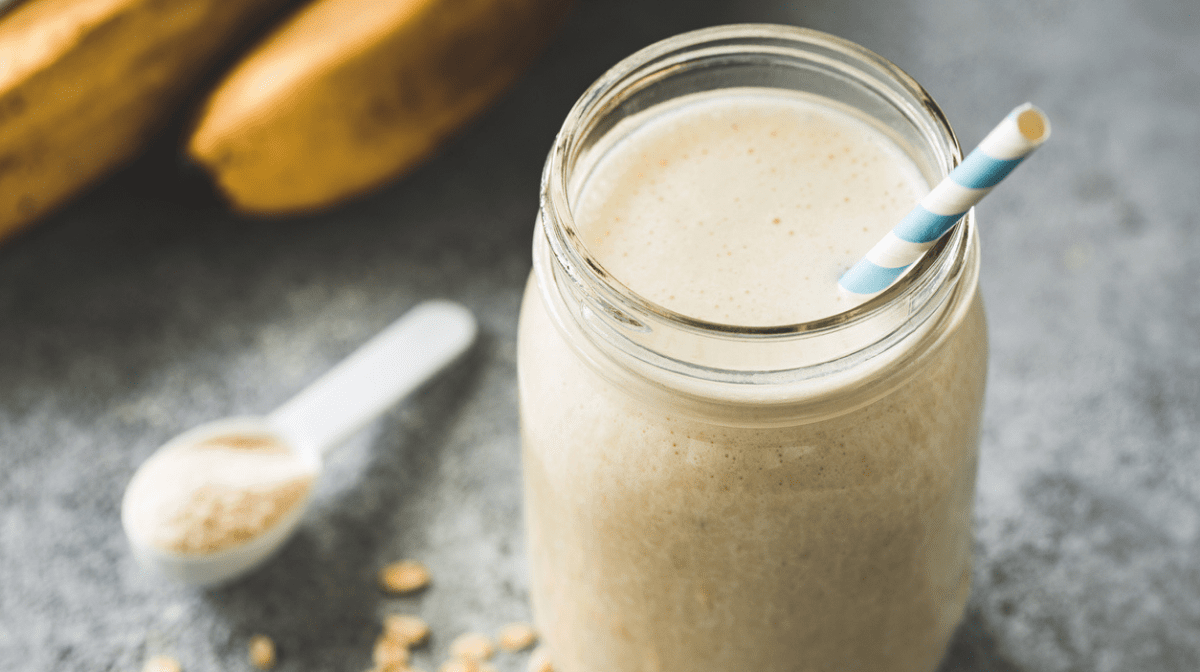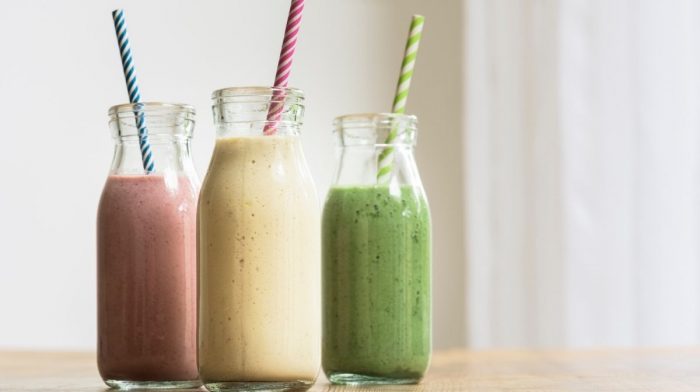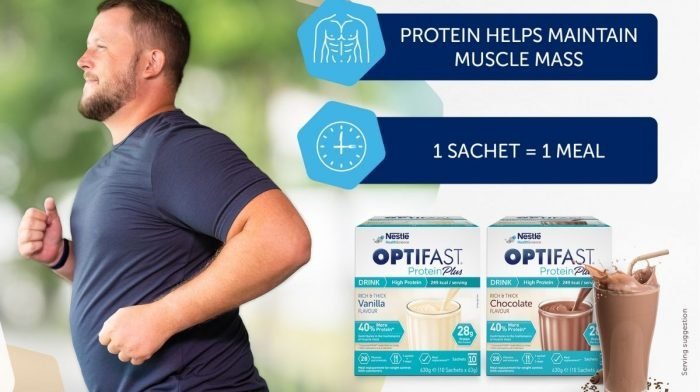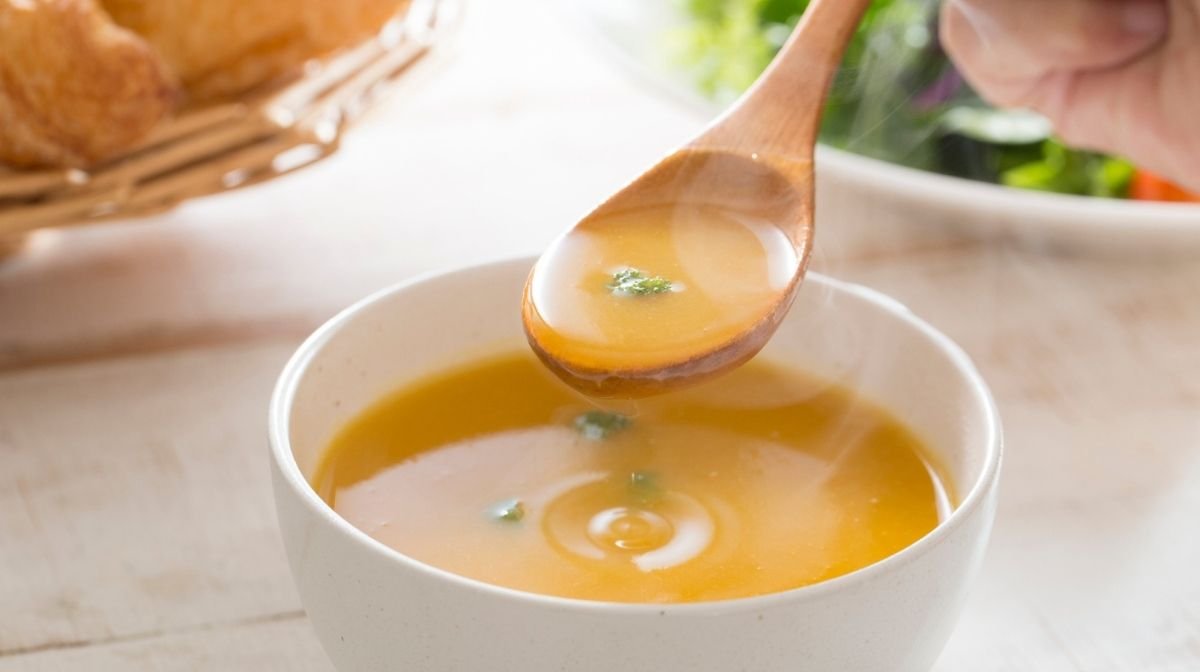When it comes to weight loss, it can be hard to know where to start and what to eat to maintain a healthy, balanced diet. When dieting, you might try to avoid carbs, but some there are some fibre rich carbs that can actually help you on your weight loss journey.
What is Fibre?
There are two kinds of fibre—soluble and insoluble. Both are carbohydrates that come from plant-based foods. Fibre is important for our gut health, helps us feel full, and can help lower cholesterol. Sources of fibre include fruits, vegetables, whole grains, nuts, and pulses (dried beans, peas and lentils). *3-4
For people with diabetes, fibre — particularly soluble fibre — can help slow the absorption of sugar (glucose) and improve blood sugar levels. For optimal health, adults should aim to eat 25 to 30 grams of fibre per day.*1-4
Insoluble fibre is a part of carbohydrates that don’t get broken down and absorbed in your small intestine. Instead, it passes undigested into your large intestine. Insoluble fibre is also important for maintaining healthy blood sugar levels and plays an important role in maintaining a healthy digestive system and healthy gut bacteria.
Can Fibre Make You Gain Weight?
An increase in high-fibre foods is more often linked to weight loss rather than weight gain. This is because fibre helps to keep you feeling full longer. Some types of fibre can also contribute to healthy gut bacteria, which aids the proper function of your digestive system.

Which Fibre is Good for Weight Loss?
Both soluble and insoluble fibre have different benefits when it comes to weight loss.
Insoluble fibre is not dissolved in water and often used as a bulking agent. It’s great for making you feel full longer – which is key when fighting cravings.
On the other hand, soluble fibre mixes with water to form a gel-like substance. This gel slows the emptying of your stomach, increasing digestion and absorption time, resulting in a prolonged feeling of fullness and a significantly reduced appetite.
Soluble fibres are also known as prebiotic fibres, as they provide the good bacteria in your stomach with the nutrients it needs for a healthy digestive system and metabolism.
Is Fibre Good for Losing Belly Fat?
Some evidence has suggested that food rich in soluble fibre helps to aid weight loss, specifically belly fat. Soluble fibre encourages gut bacteria diversity, which has been linked to decreased belly fat.
This process of digesting and breaking down soluble fibre is called fermentation. It produces short-chain fatty acids, a type of fat that can help reduce belly fat.
One way short-chain fatty acids may help regulate your metabolism is by increasing the rate of fat burning or decreasing the rate of fat storage, although exactly how this works is not completely understood yet.
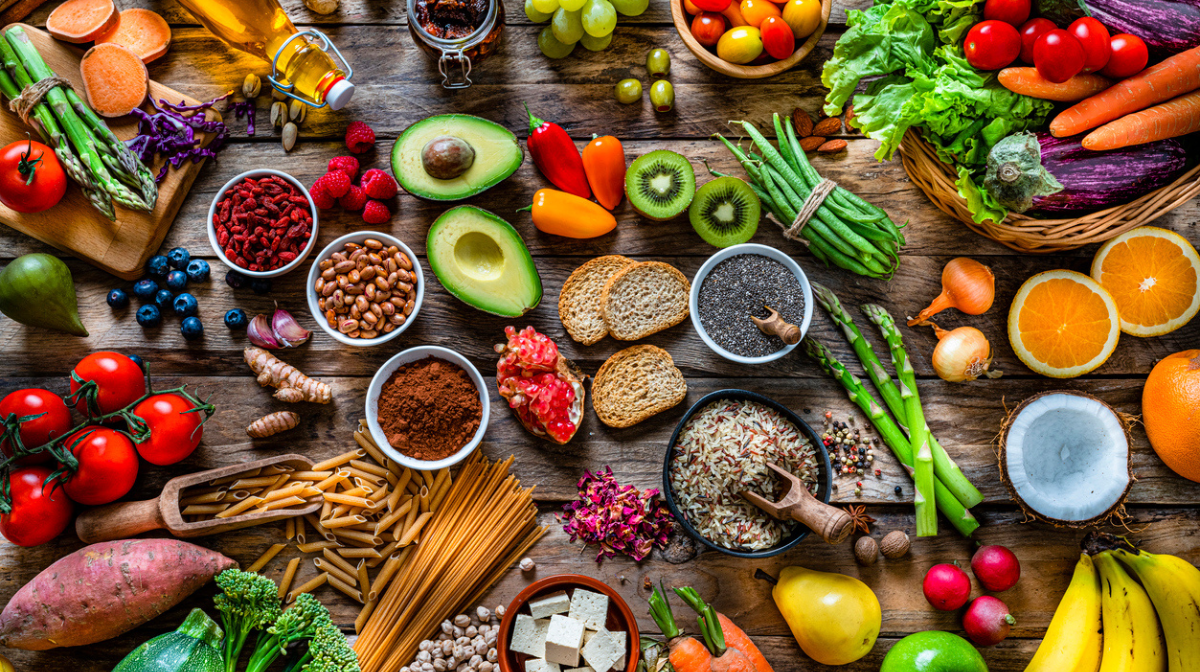
Foods High in Fibre
There are several fibre rich foods you can introduce into your diet including:
- Apples
- Green beans
- Sweet potatoes
- Raspberries
- Strawberries
- Chickpeas
- Pumpkin
Fibre & Weight Loss
OPTIFAST meal replacement products, including Meal Replacement Shakes, Soups, and Bars provide a good source of fibre.
Browse through a selection of OPTIFAST meal replacement products below:



